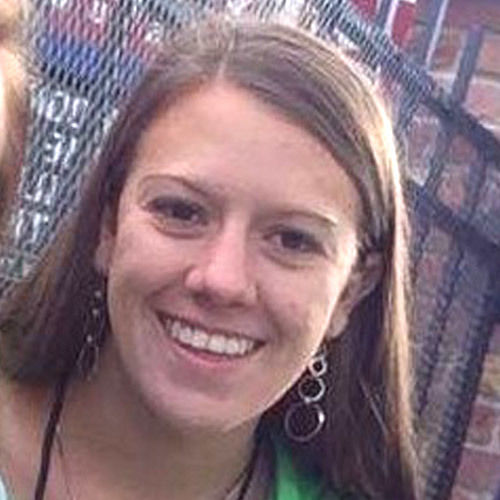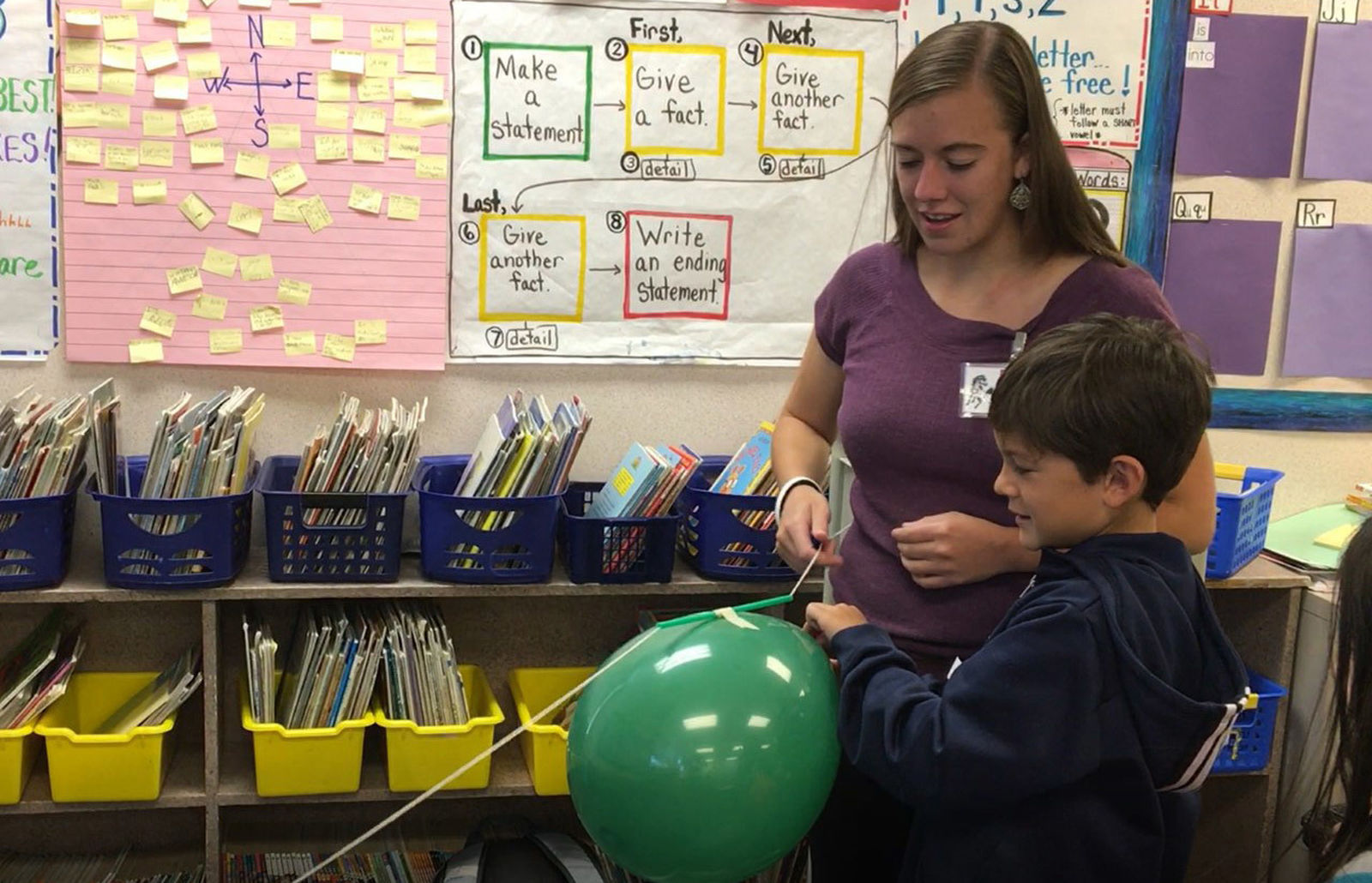"I finally began to understand that teaching is not 'settling'"

“Hi, I’m Amanda. I attend Colorado School of Mines and am majoring in Engineering Physics.”
That’s how I introduced myself over and over – during job trainings, at networking events, or when meeting new friends. I never felt like that introduction was an accurate description of myself, but I thought it was what others wanted to hear. If I wanted to introduce myself more accurately, I might have said something along these lines:
“Hi, I’m Amanda. I’m studying Engineering Physics at Mines because I love science, but my true passion actually lies in education. I’m taking teaching licensure classes online and hope to teach high school science someday.”
Unfortunately, a series of negative incidents led me to feel as though this was something I had to be ashamed of.
Prestige
How might we raise the prestige of the STEM teaching profession?
After two years of engineering school, I was sure of two things: first, that I really did love physics, but had no interest in an industrial or research job. Second, I loved my job as a teaching assistant enough that I wanted to make a career out of education. Helping deepen students’ understanding of the universe and watching them grow into knowledgeable world-changers gave me immensely more satisfaction than any desk job ever could.

When I made the decision to join an online teacher licensure program, I was beyond excited. But when I first told a classmate about my decision, they replied with, “oh… but you’re so smart. You could do amazing things if you went into research. Why would you settle for teaching?”
Other people in my life echoed a similar sentiment that engineering was for “smart people” and teaching was inferior; one classmate even asked me if I was pursuing teaching because I couldn’t handle the rigor of engineering school. A certain professor kept insisting that after a few years I would change my mind and return to higher education, where I could join a research team and do “real science”. Even the professionals in Mines’ career center were unsupportive.
Helping deepen students’ understanding of the universe and watching them grow into knowledgeable world-changers gave me immensely more satisfaction than any desk job ever could.
The most hurtful comment occurred at a Society of Women Engineers meeting. While discussing challenges faced by women in STEM, I was informed by one girl that teaching was “stereotypically feminine” and that if I really wanted to fight for equality I should pursue a more revolutionary career.
These incidents destroyed my confidence, and I began to lie. I told people it was my dream to work as an aerospace engineer and I was applying for jobs at NASA. Every time I lied I felt worse and worse about myself, afraid to know how people would react if they learned I was actually “settling” for teaching.
What challenges have you encountered in your career as a STEM Educator?
It wasn’t until my first teaching fellowship in summer of 2016 that I realized how incredible teachers really are. The experience was exhausting. Each day, we had to plan and rehearse lessons, teach three classes and an elective, co-lead a homeroom, manage behavior, connect with students during mealtimes, and meet with a coach for a feedback meeting. Managing all these tasks and more while keeping a positive attitude every day was exponentially harder than any engineering class I’d taken. It was also the happiest I’d been through all of college.
For the first time, I was in a place where I was appreciated, supported, and celebrated. The other teaching fellows helped me grow into the best teacher I could be. My coaches and directors encouraged me to take pride in my work. I finally began to understand that teaching is not “settling”; instead it requires huge amounts of ambition and skill. In addition, teachers’ effects on our country’s future citizens arguably makes us some of the most important people in the workforce.
This new perspective gave me the confidence to tell people what I was really doing with my future. Many people still don’t see teaching as an appealing option for STEM college graduates, but I hope to use my job to challenge these perspectives.
Meanwhile, I’ve graduated from Mines with a degree in Engineering Physics and have returned to the teaching fellowship for a second summer. I will student teach at Denver East High School in the fall and cannot wait to enter the workforce shortly thereafter!